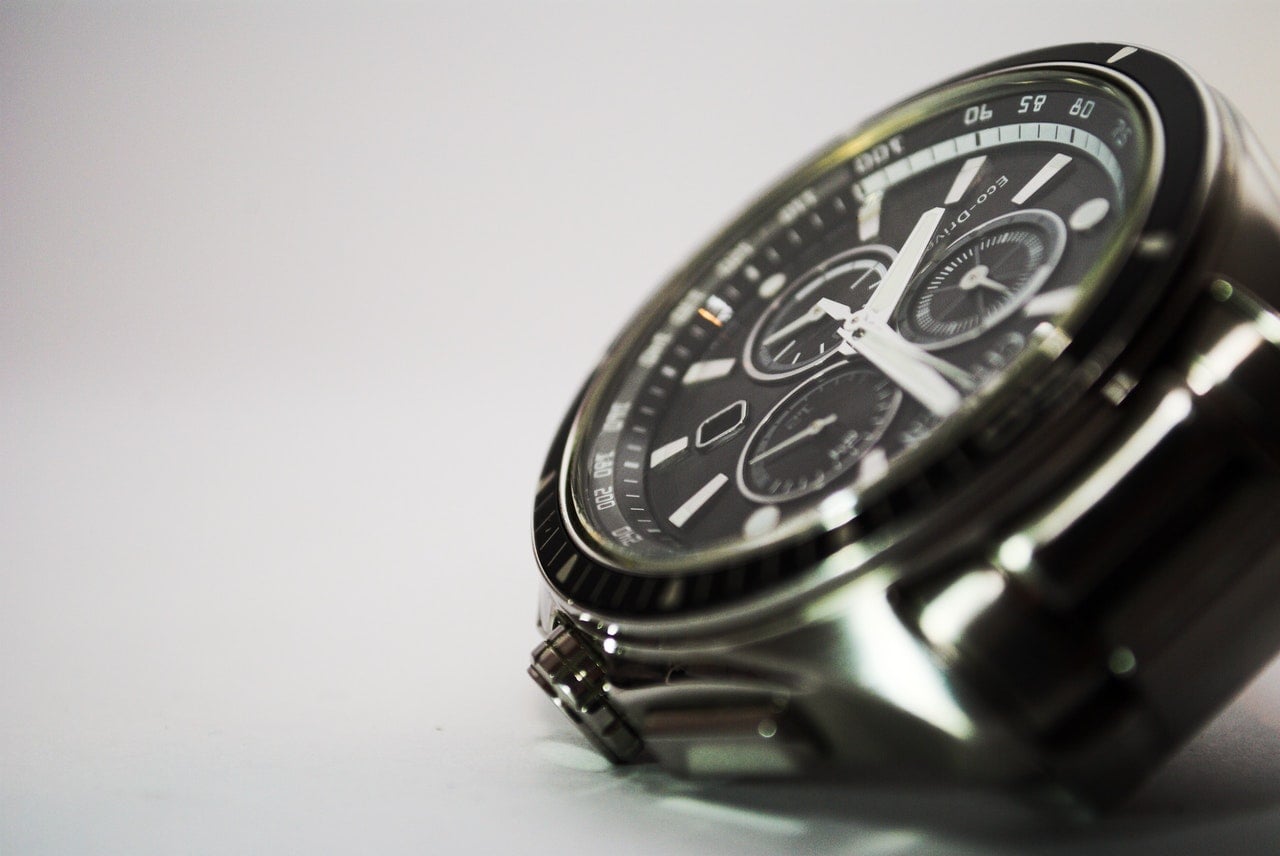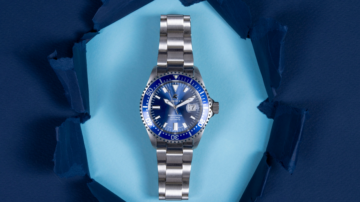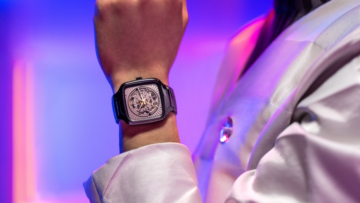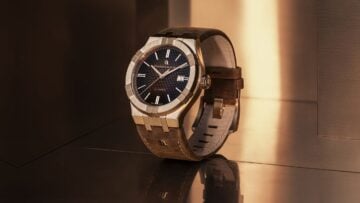The main difference between an automatic and a quartz watch is clear. Automatic mechanical watches are self-winding and require no battery while quartz watches use a battery as their power source. Apart from the obvious, however, these movements are very different from each other in many aspects. When looking at automatic watches vs quartz watches it is evident that each timepiece suits a very different type of person. We have explored a wide spectrum of differences and strengths in both movement types in order to present you with a comprehensive list so you can make the right decision in choosing the right timepiece for you.
Power source and power reserve
As we mentioned the most fundamental difference between these types of movements is the power source. Automatic watches are a subcategory of mechanical watches. They are also dubbed self-winding or perpetual, due to technically never running out of power. As long as it is in constant use the automatic watch will keep working. Each automatic watch also has a power reserve. There it stores any unused energy that would keep the watch working for a certain amount of time if the wearer is not generating energy by moving. The power reserve on automatic watches varies greatly between models and brands. On average the power reserve of an automatic timepiece is 42 hours.
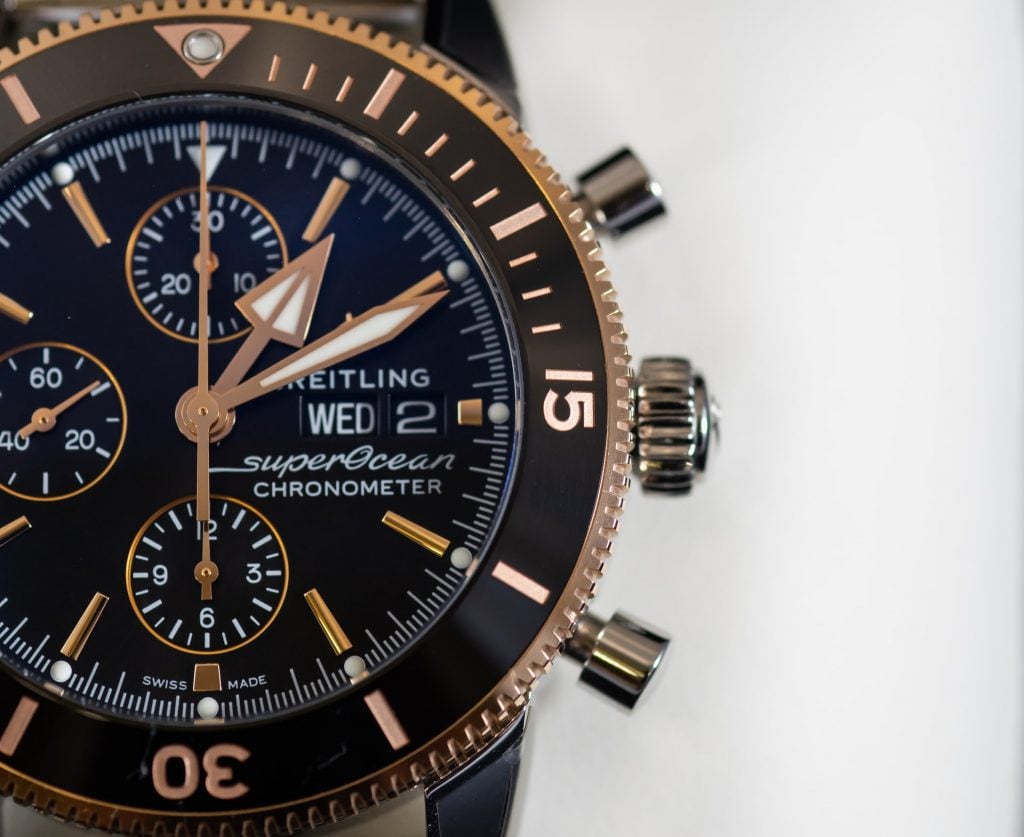
A quartz watch uses a battery as its power source. The battery sends electrical currents through to the quartz crystal, which then causes vibrations which are used to measure the seconds passing. Quartz watches don’t require a power reserve as the battery keeps them working nonstop. The battery in a brand new watch can last up to 4 years, however as the mechanism deteriorates over time and requires more energy to function, replacement batteries usually last between 18 months to 2 years, depending on the watch’s age.
Maintenance
The maintenance level of a watch directly correlates to its movement type. As you might guess the highest maintenance watches are hand-wound mechanical as they need to be set each time they run out. When comparing automatic with quartz however it all depends on how often you’re planning to wear the watch and what you would consider higher maintenance.
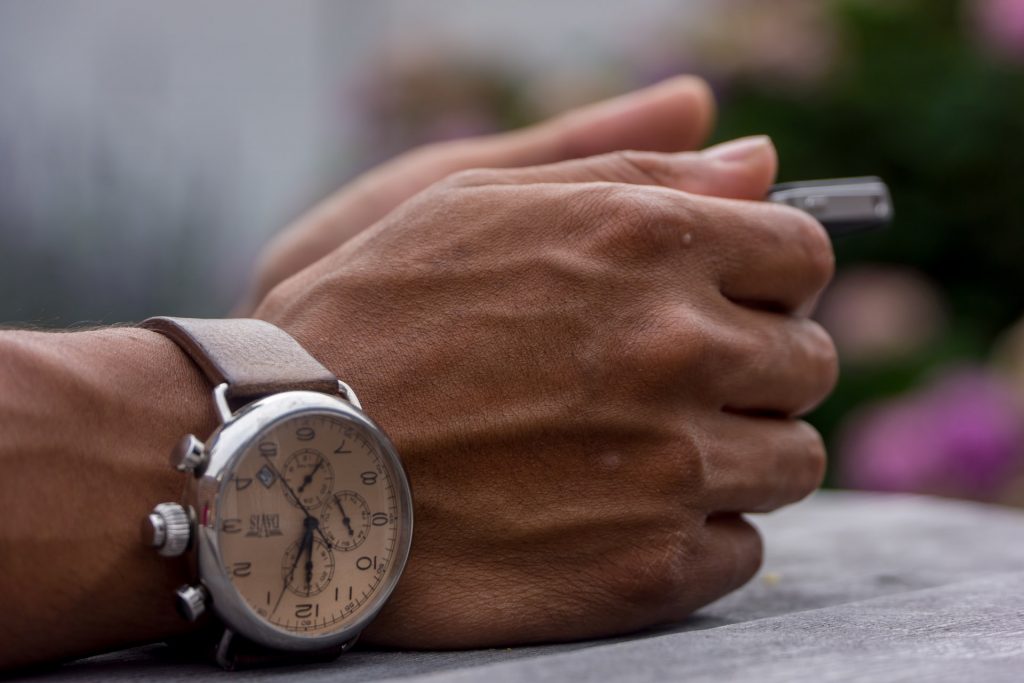
On one hand, if worn daily an automatic timepiece will require little to no day-to-day care. The wearer’s arm and hands movements activate the rotor inside the watch and it does all the hard work on its own. It is suggested that a full service is done on an automatic watch every three to five years in order to keep it working in pristine condition. As they don’t require battery changes automatic watches can last you for decades if properly serviced. On the other hand, if your automatic watch is only worn occasionally you will need to hand-wind it every time as its power reserve would have most likely run out.
Quartz watches are very low maintenance day-to-day. There is no need for them to be wound and they don’t require to be serviced very often prior to their first battery change. After those first few years have passed it is advisable to clean out the mechanism of the watch when the battery is changed. If the quartz watch is more high-end it is best for the watch to be serviced once every 9 to 10 years.
Accuracy
If precision is high on your list of criteria when choosing a watch then it is a quartz watch you’re after as they’re generally considered more accurate. On average, a standard quartz watch is accurate to +/- 1 second per day, which is equivalent to 99.998%. An average automatic watch is much less accurate with about +/- 5 seconds gained/lost per day, which equates to 99.994%. Longines have taken Quartz movement to the next level with their V.H.P Quartz movement. Click here to view their range.
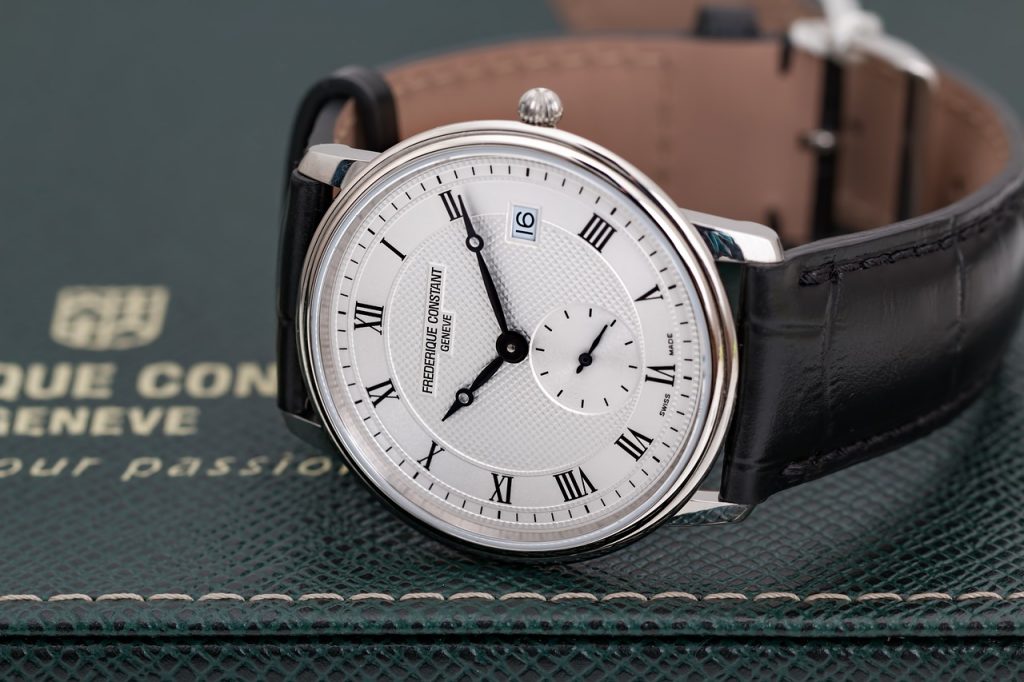
It is important to keep in mind that certain factors like magnetic fields, extreme temperature changes, a shock to the watch or poor maintenance can affect the precision of either movement and it is essential to ensure the watches are properly taken care of to guarantee they are working to their maximum potential.
Ultimately the most important factors remain lifestyle and personal preference. Which watch movement do you prefer, Automatic Watches vs Quartz Watches? Let us know in the comments below.

